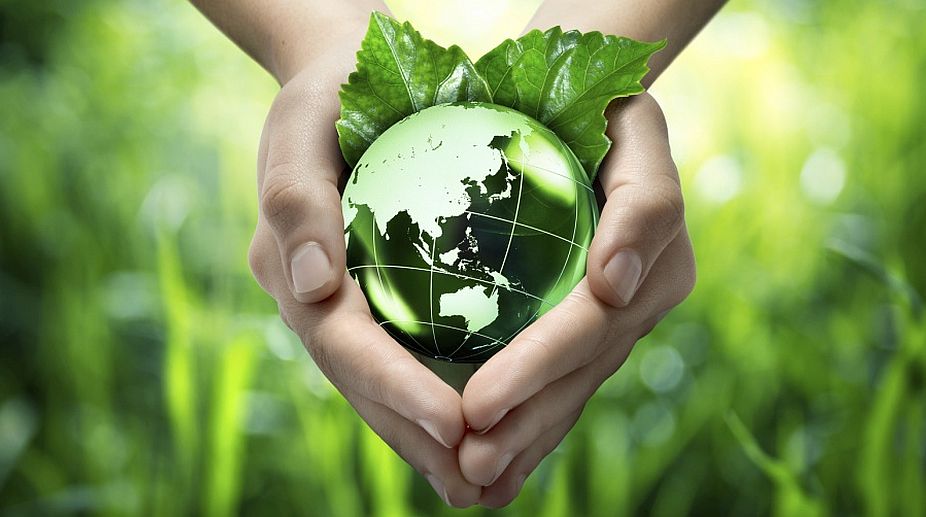Nature can provide cost-effective and permanent solutions to check climate change, so much so that it can reduce over a third (37%) of greenhouse gas emissions by 2030, a new study by scientists from global conservation organisation, The Nature Conservancy and 15 other institutions, has concluded.
As per the study, the reduction in emissions will be equivalent to a complete stop on the burning of oil, worldwide!
Advertisement
With world leaders set to attend UN climate talks in Germany next month, the study found that natural climate solutions such as planting more trees, improving soil health, and protecting mangrove and peatlands could reduce global greenhouse gas emissions by 11.3 billion tonnes per year by 2030.
India has demonstrated remarkable leadership in acknowledging the role of nature in mitigating climate change. It ranks 5th in the world in GHG emissions, but its per-capita GHG emissions are close to one third of the global average and one sixth of OECD countries.
Under its Nationally Determined Contribution (NDC), India has pledged to reduce the emissions intensity of its GDP by 33 to 35 per cent and create an additional carbon sink of 2.5 to 3 billion tonnes of CO2.
The scientists found that India could offset close to 520 million metric tonnes of greenhouse gas emissions per year through reforestation alone.
India is determined to be part of the solution and this study upholds the Indian government’s plan to prioritise reforestation through various schemes and incentives such as the National Green Mission and the tax incentive under the country’s 14th Finance Commission to provide higher share of tax revenues to states with more green cover.
Mark Tercek, CEO, The Nature Conservancy said: “Today the land causes a quarter of greenhouse gas emissions. The way we manage the lands in the future could deliver 37% of the solution to climate change. That is huge potential, so if we are serious about climate change, then we are going to have to get serious about investing in nature, as well as in renewable energy and clean transport. We are going to have to increase food and timber production to meet the demand of a growing population, but we know we are going to have to do so in a way that addresses climate change.”
Seema Paul, Managing Director, The Nature Conservancy India, said, “This study reaffirms that our Prime Minister’s vision of ‘development without destruction’ is in fact achievable.”
The Nature Conservancy is dedicated to conserving the lands and waters by creating create innovative, on-the-ground solutions to the toughest challenges so that nature and people can thrive together.











